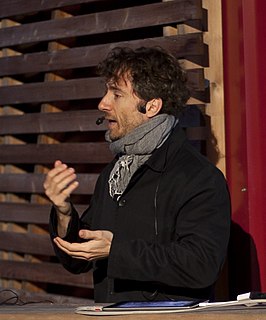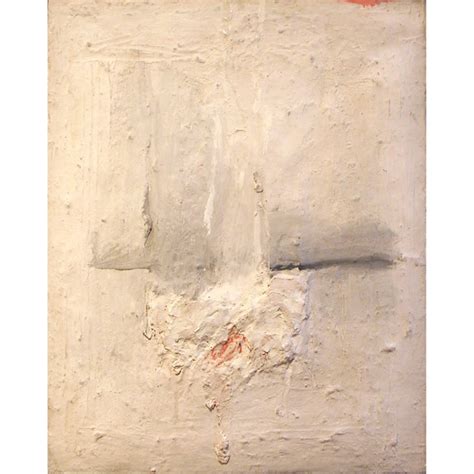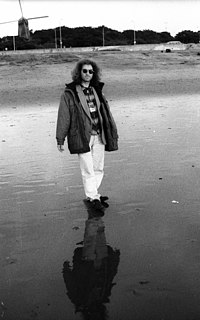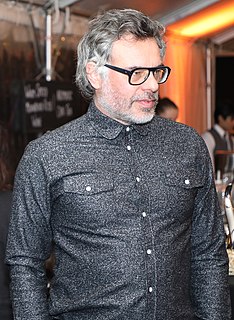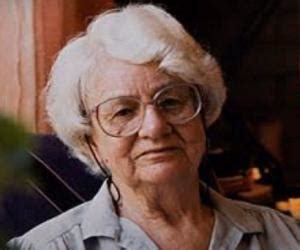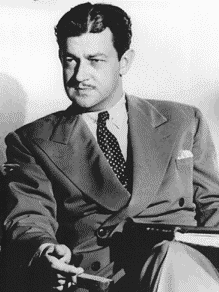A Quote by Will Self
I think the fundamental apprehension is that the city's an organism of some form, rather than being governed from above.
Related Quotes
My feeling is that a human being or any complex organism has a system of cognitive structures that develop much in the way the physical organs of the body develop. That is, in their fundamental character they are innate; their basic form is determined by the genetic structure of the organism. Of course, they grow under particular environmental conditions, assuming a specific form that admits of some variation. Much of what is distinctive among human beings is a specific manner in which a variety of shared cognitive structures develop.
The organism is thus being preconditioned for the spontaneous acceptance of what is offered. Inasmuch as the greater liberty involves a contraction rather than extension and development of instinctual needs, it works for rather than against the status quo of general repression - one might speak of "institutionalized desublimation". The latter appears to be a vital factor in the making of the authoritarian personality of our time.
Desired substance, things, patterns, or sequences of experience that are in some sense "good" for the organism - items of diet, conditions of life, temperature, entertainment, sex, and so forth - are never such that more of the something is always better than less of the something. Rather, for all objects and experiences, there is a quantity that has optimum value. Above that quantity, the variable becomes toxic. To fall below that value is to be deprived.
All countries must be governed by the modern people; they must be governed by the progressive people; they must be governed by those who believe in the reason and science; they must be governed by the compassionate and just, by the ethical and honest, by the nonviolent and peaceful people; they must be governed by the libertarians; they must be governed by the people who believe in the enlightenment and who refuse to shape the society based on some childish religious stories!
I don't think I'm cut out to be a supervillain. I think I'd be a supervillain that would exercise some form of mind control. Rather than war, I'd force people to get on with each other and I'd force people to argue reasonably about things rather than be polemical. So I'd be a supervillain that makes everyone get on, but forcefully. There would be no choice about it. No free will.
I haven't come across any recent new ideas in film that strike me as being particularly important and that have to do with form. I think that a preoccupation with originality of form is more or less a fruitless thing. A truly original person with a truly original mind will not be able to function in the old form and will simply do something different. Others had much better think of the form as being some sort of classical tradition and try to work within it.


